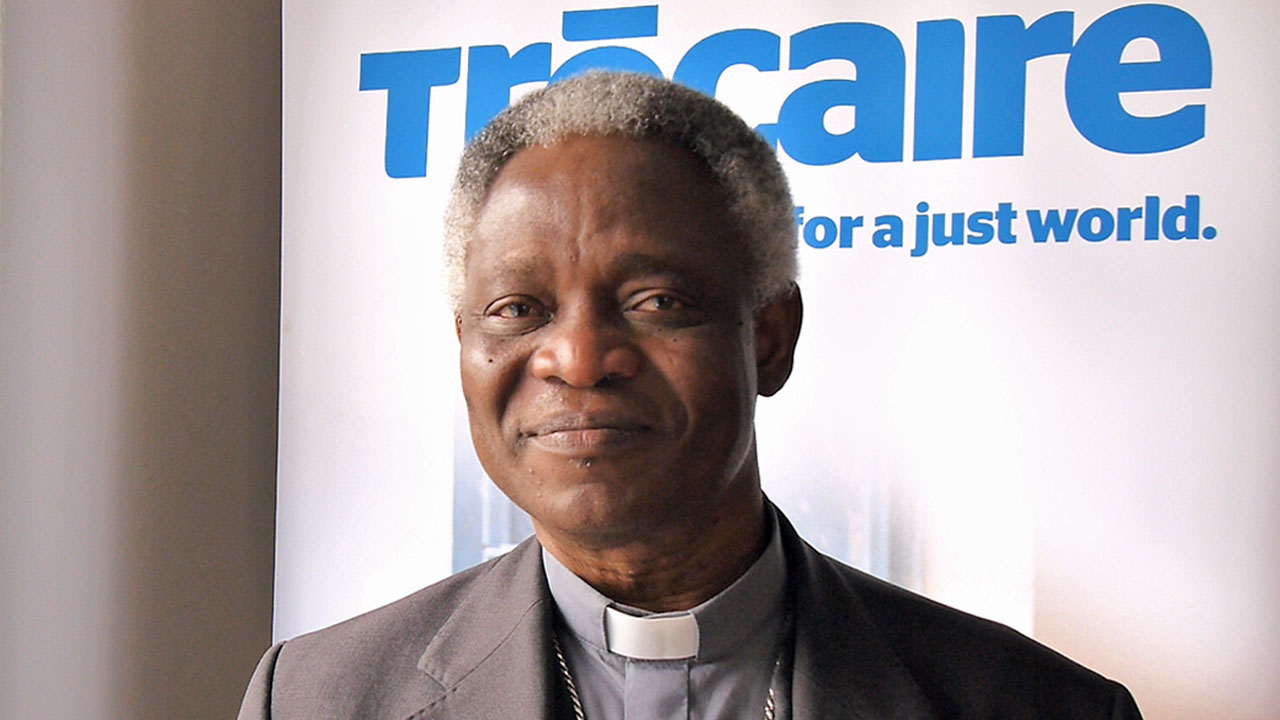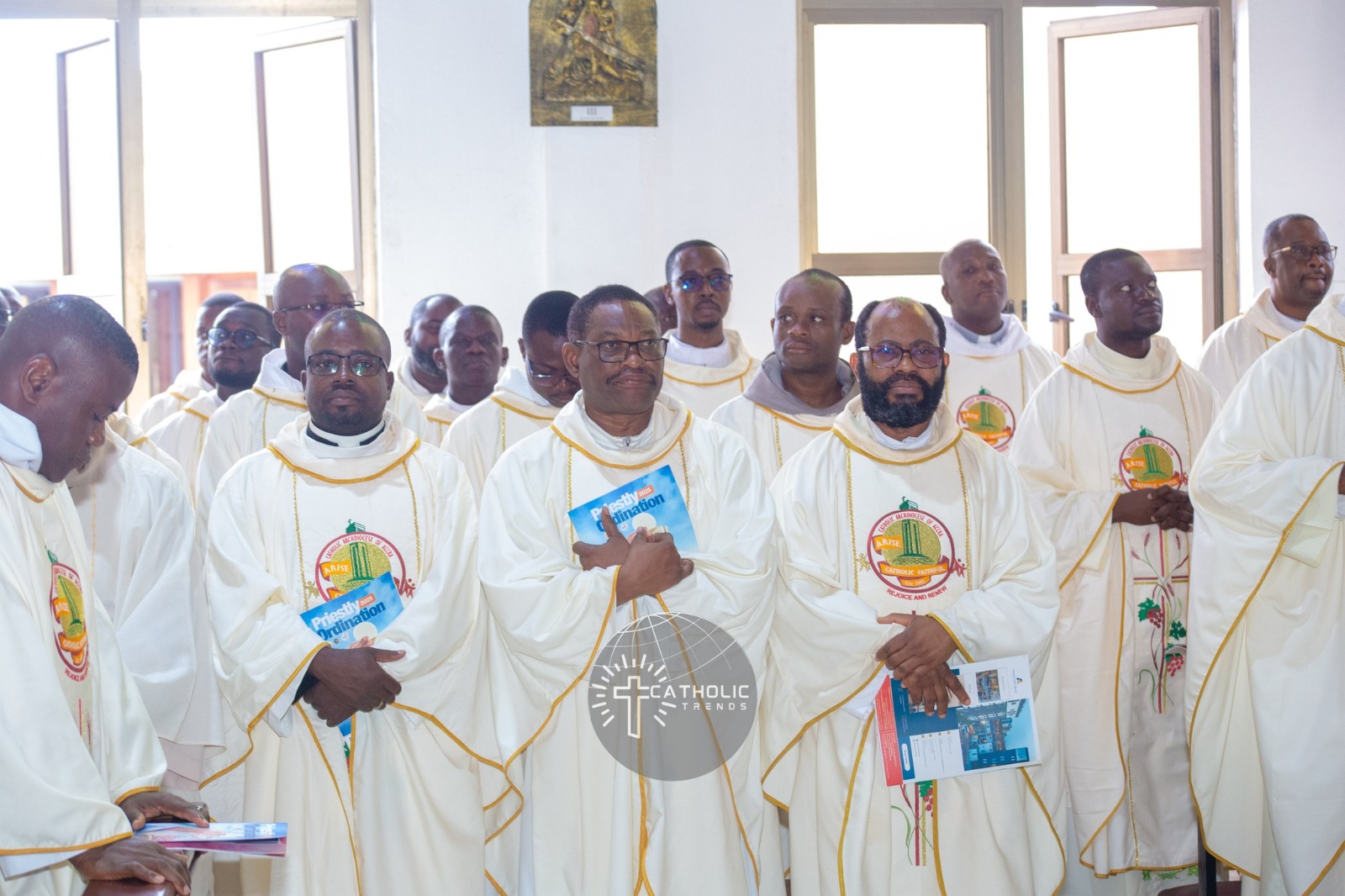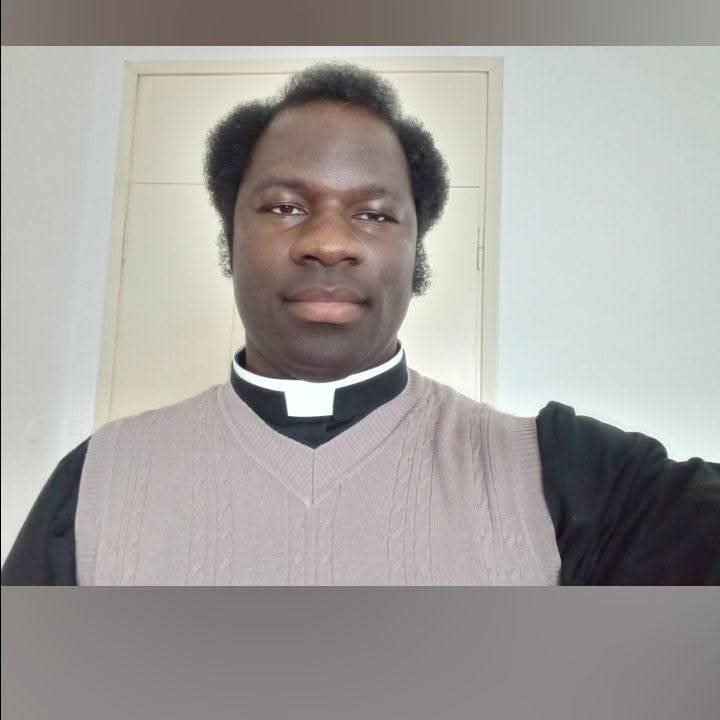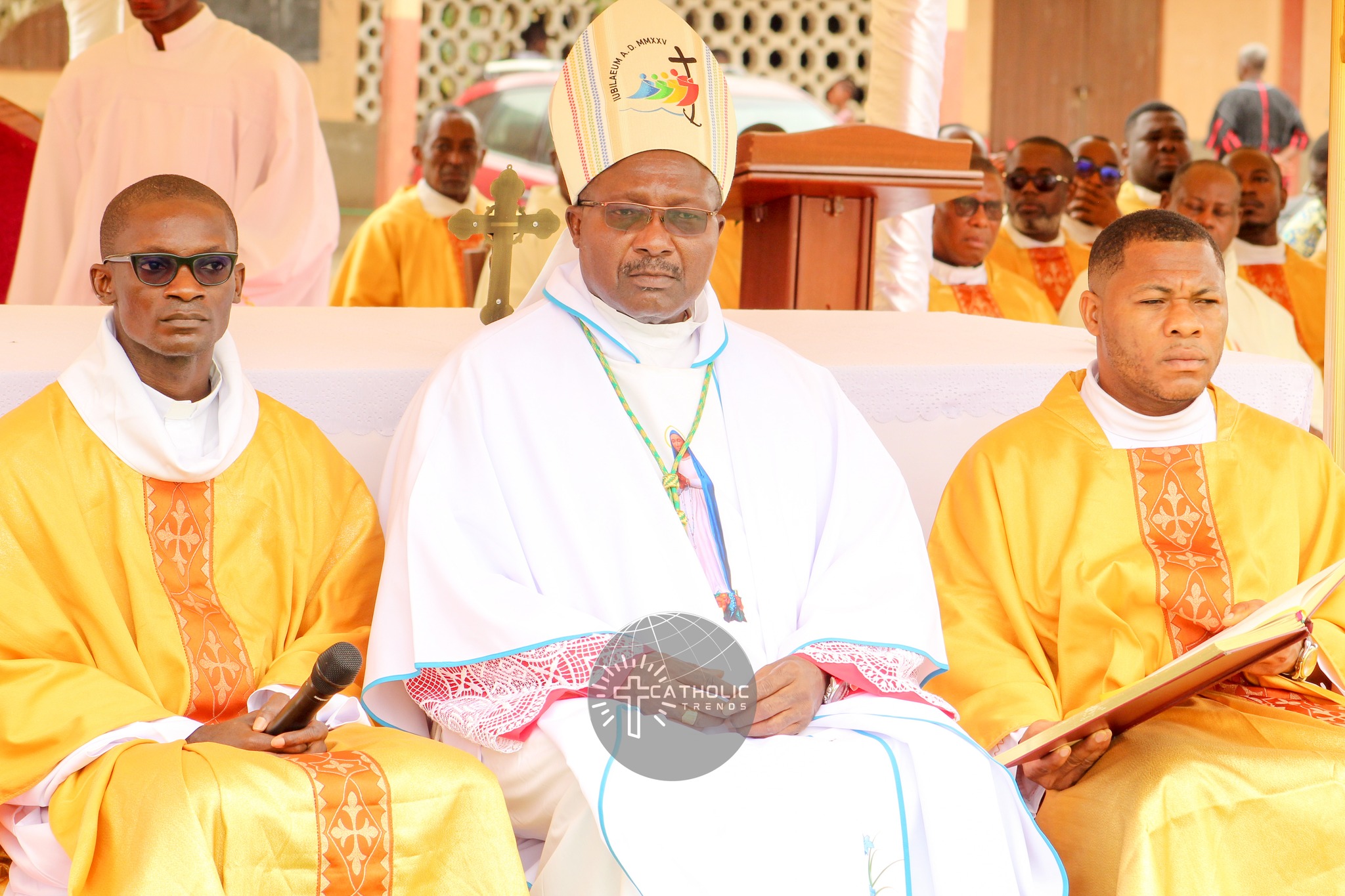Ghanaian Cardinal, H.E Peter Kodwo Appiah Turkson, has waded into the ongoing debate between Church and state over the control and management of mission schools in Ghana, describing the perceived conflict as “a falsity” and historically unfounded.
In an interview with Channel One TV, monitored by Catholic Trends, Cardinal Turkson dismissed claims that church-founded schools are discriminatory or exclusive in nature. Referring to some of Ghana’s most prestigious institutions, the Chancellor of the Pontifical Academies of Sciences asked, “When in the past all the big schools we had in Ghana were Wesley Girls, Mfantipim, St. Augustine’s and Adisadel, was any non-Christian thrown out of those schools?”
He argued that the original intent of mission schools was never to serve only Christians but to contribute meaningfully to national development, rooted in a spirit of collaboration—not conflict—between church and state.
“The mission schools did not establish the schools for only their members. They established schools to participate in the development of a country because they saw cooperation between Church and state as a way of proceeding than a way of conflictual,” he added.
Cardinal Turkson questioned why similar tensions do not exist in the management of church-owned hospitals, which continue to operate harmoniously with the government. He pointed out that, in healthcare, there is no battle over administration.
“Churches also have hospitals. Why is this argument not also applied to the hospitals?”
“In the hospitals, there is a very healthy understanding to the point that government agrees to pay doctors and nurses while the Churches administer the hospitals harmoniously. Why does it not come to schools?” he questioned pointedly.
According to the Cardinal, the root of the friction in education stems from the creation of parallel management structures that have gradually eroded the Church’s original role in school administration.
“The schools had a structure. The Churches had a general manager of schools and the local managers, and the local managers were the priests in charge of parishes… so not every teacher was too comfortable with that.”
He blamed the emergence of GNAT (Ghana National Association of Teachers) as a significant turning point in the diminishing influence of the Church in school governance.
“GNAT is not a government body. It’s a group of teachers who came together and they fashioned themselves into a force to side with government against the managers.”
“They created a parallel structure which made the Church management structure irrelevant.”
He added that although general managers of mission schools still exist, their authority is often undermined by bureaucratic red tape.
“It’s as if everything they do must go to the regional director and that fashioned some sort of freedom for teachers.”










![[Article] Beginning Holy Matrimony without the bride and, or the groom? – Part 1](https://catholic-trends.com/wp-content/uploads/2025/05/4.jpg)





![[Reflection] Jubilee Year : Awaken and allow hope to flourish](https://catholic-trends.com/wp-content/uploads/2025/08/Screenshot-2025-08-12-192412.png)

Discussion about this post